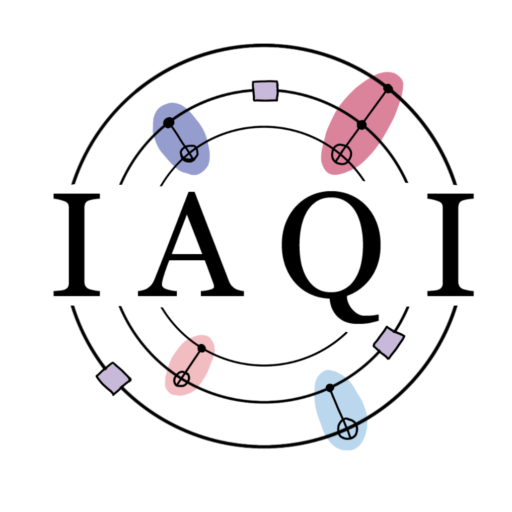IAQI is a non-profit organisation ran by researchers, composed of founding members and honorary members from supported events.
Membership structure of IAQI
| Member category | Voting at GA | Fee | Roles | Examples |
| Ordinary | Yes | No | Handle logistics and groundwork of the association. | Individuals serving 3-year terms on the Executive Board. |
| Honorary | Yes | No | Steer association, inform on needs of events. | Conference delegates: current Steering Committee members and organizers. |
| Extraordinary (institutions) | No | Yes | Support the association financially or in kind. | Academic research institutes and universities, other sponsors such as companies. |
| Extraordinary (individuals) | No | Yes | Support the association financially, provide feedback. | Opt-in participants of events supported by the association. |
Ordinary members (with voting rights) are approved by the Executive Board. At present, the only Ordinary Members are the Executive Board members. Members of the Executive Board are exempt from membership fees.
Honorary members (with voting rights) are delegated by the steering committees of each conference series supported by IAQI. Each conference series may nominate up to 9 honorary members, which have to be confirmed by the General Assembly. The choice of nominees is up to each Steering Committee: they are usually composed of the Steering Committee with additional nominees recruited from local and scientific organisers of the conference. These honorary members are referred to as Conference Delegates. At present, Conference Delegates are the only honorary members. Honorary members do not pay membership fees.
Extraordinary members (without voting rights) are individuals and legal entities such as universities, associations, foundations and companies who support the association financially. Extraordinary members do not have voting rights but may attend the General Assembly, and receive the same information and updates about the association as regular members.
Founding members
Alex Grilo
Anne Broadbent
Christian Schaffner
Eleni Diamanti
Felix Leditzky
Gorjan Alagic
Marco Tomamichel
Min-Hsiu Hsieh
Philippe Faist
Stacey Jeffery
Thomas Vidick
Tom Gur
Ulysse Chabaud
Executive Board
2025 – 2028
Thomas Vidick (President)
Anne Broadbent (Deputy)
Marco Tomamichel (Treasurer)
Ulysse Chabaud (Secretary)
Alex Grilo
Christian Schaffner
Eleni Diamanti
Felix Leditzky
Gorjan Alagic
Min-Hsiu Hsieh
Philippe Faist
Stacey Jeffery
Tom Gur
Ordinary Members
2025–
Connor Paddock
Joe Renes
Honorary Members
2025-
Conference delegates of TQC, QIP and QCrypt.
